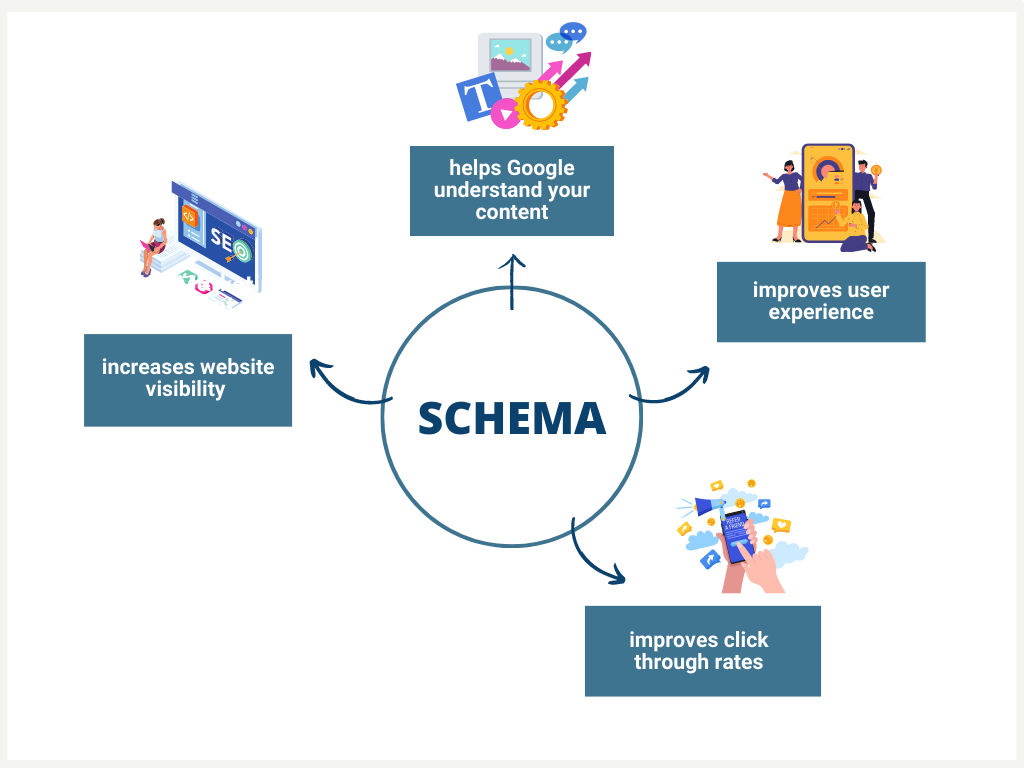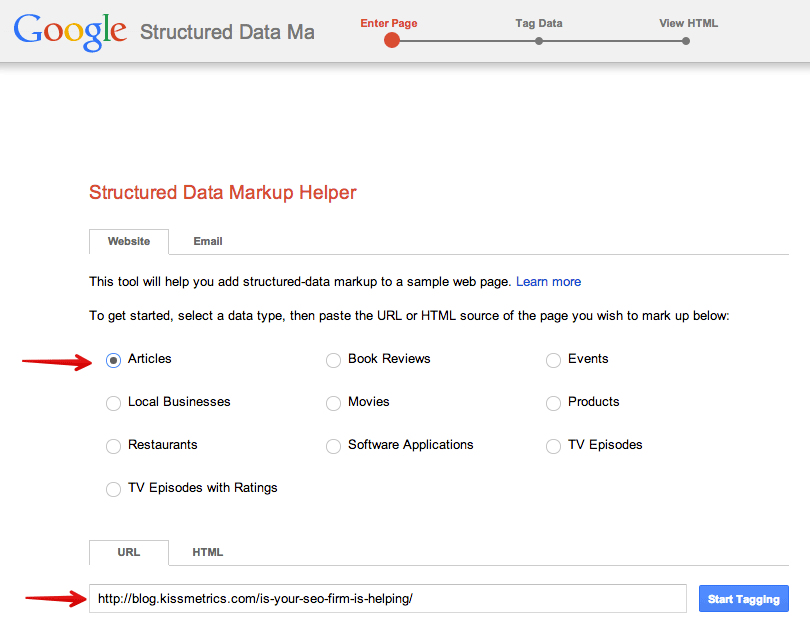What is schema markup?
Schema markup is a standardized code format that helps search engines better understand and interpret website content. It provides structured data that clearly defines various elements on your webpage, from articles and products to events and organizations, enabling search engines to display more informative and engaging search results.
Why is schema markup important?
Schema markup is crucial because it enhances your website's visibility in search results and helps search engines understand your content better. By implementing schema markup, you can improve your chances of appearing in rich snippets, knowledge graphs, and other enhanced search features. This structured data format helps establish clear context for your content, potentially leading to better search rankings and increased click-through rates.
What types of schema markup are available?
How do you implement schema markup correctly?
How do I get started with schema markup?
What are the benefits of schema markup for businesses?
Schema markup encompasses various types, including organization, product, article, event, and local business schemas. Each type serves different purposes and helps search engines understand specific aspects of your content. Using the appropriate schema type ensures your content is properly categorized and displayed in relevant search features, enhancing your overall search visibility.
Proper schema markup implementation requires attention to detail and adherence to schema.org guidelines. The markup must be accurately structured and validated to ensure search engines can properly interpret the data. Regular testing and monitoring help maintain the effectiveness of your schema implementation and ensure it continues to benefit your SEO efforts.
To begin with schema markup, first identify the types of content on your website that would benefit from structured data. Then, choose the appropriate schema types and implement them using JSON-LD format (recommended by Google). Use testing tools like Google's Rich Results Test to validate your implementation and monitor the results in search console.
Schema markup provides businesses with enhanced search visibility, improved click-through rates, and better chances of appearing in rich search results. It helps search engines understand your content more accurately, potentially leading to better rankings. Additionally, schema markup can help establish trust and authority by providing clear, structured information about your business and content.

























